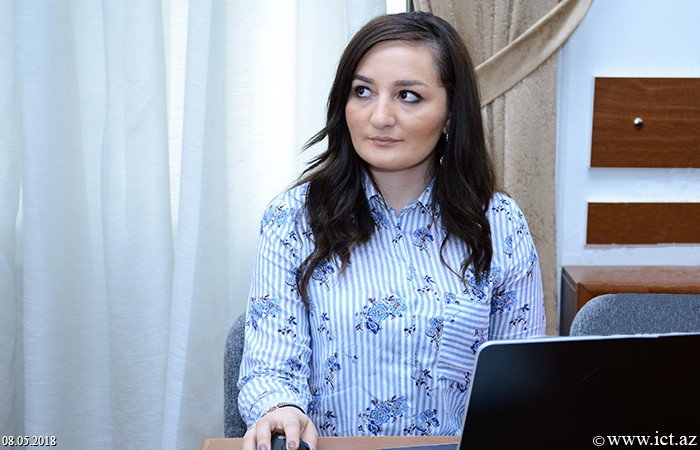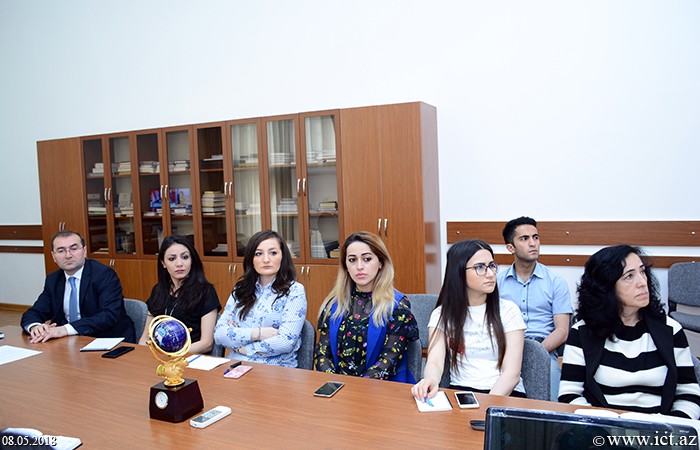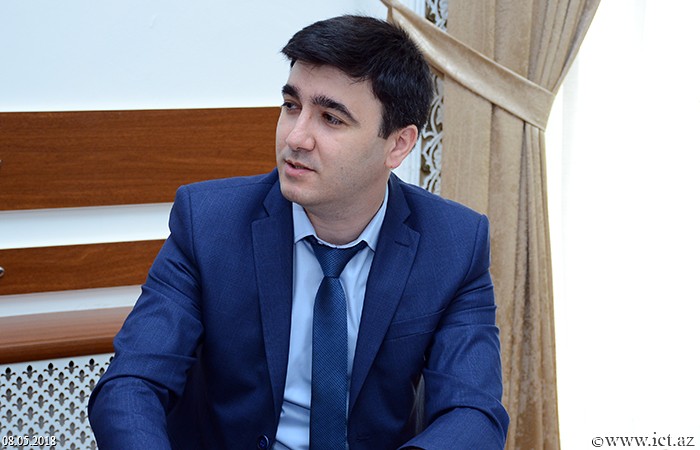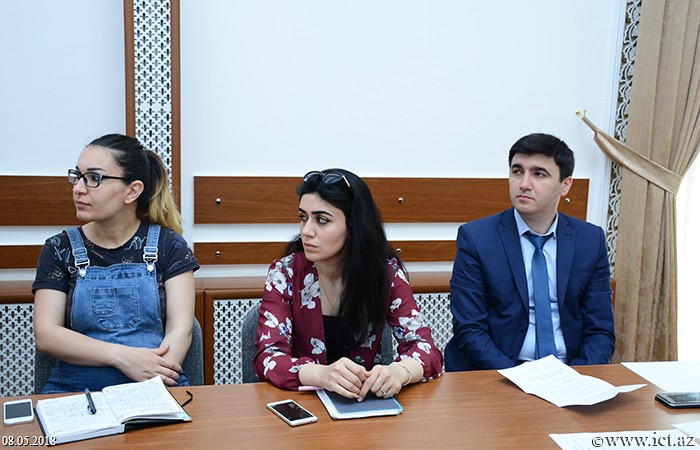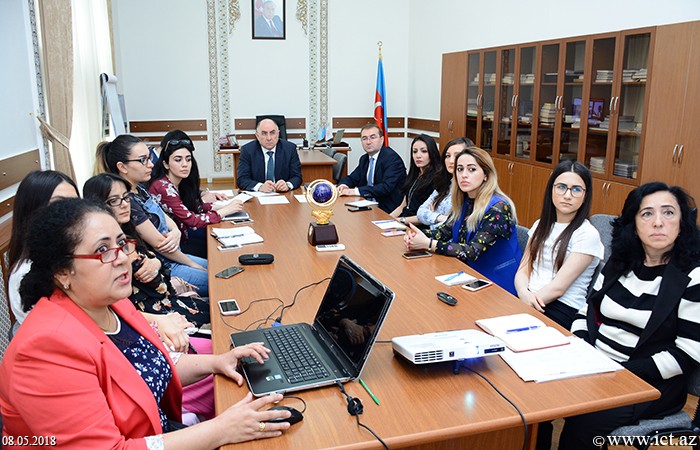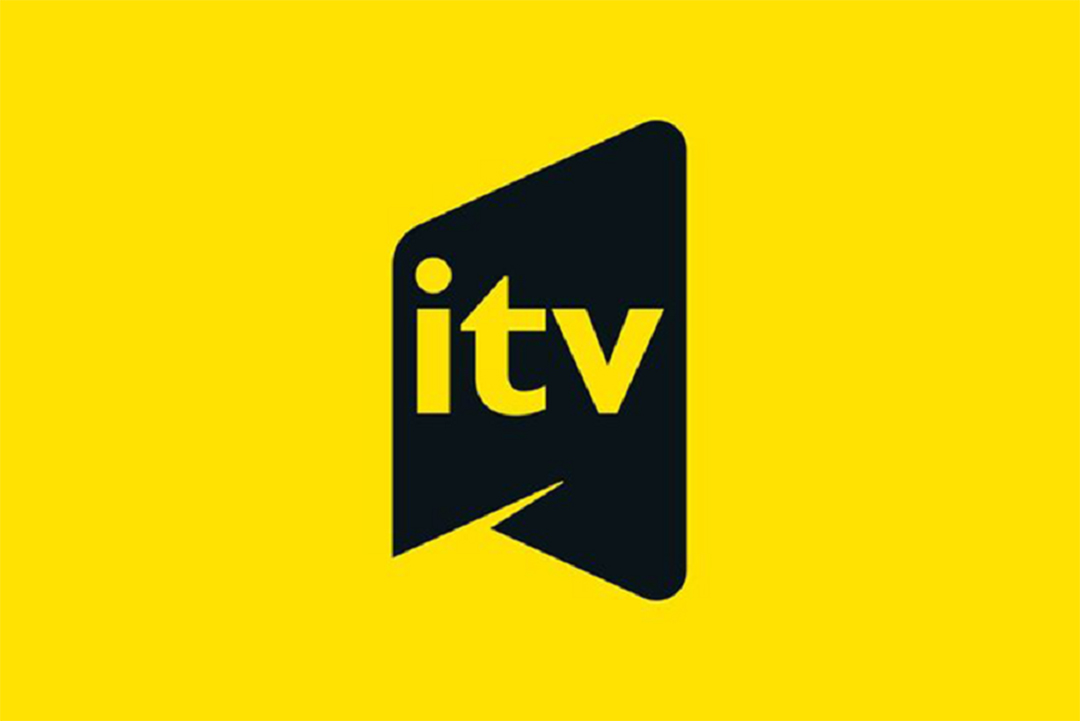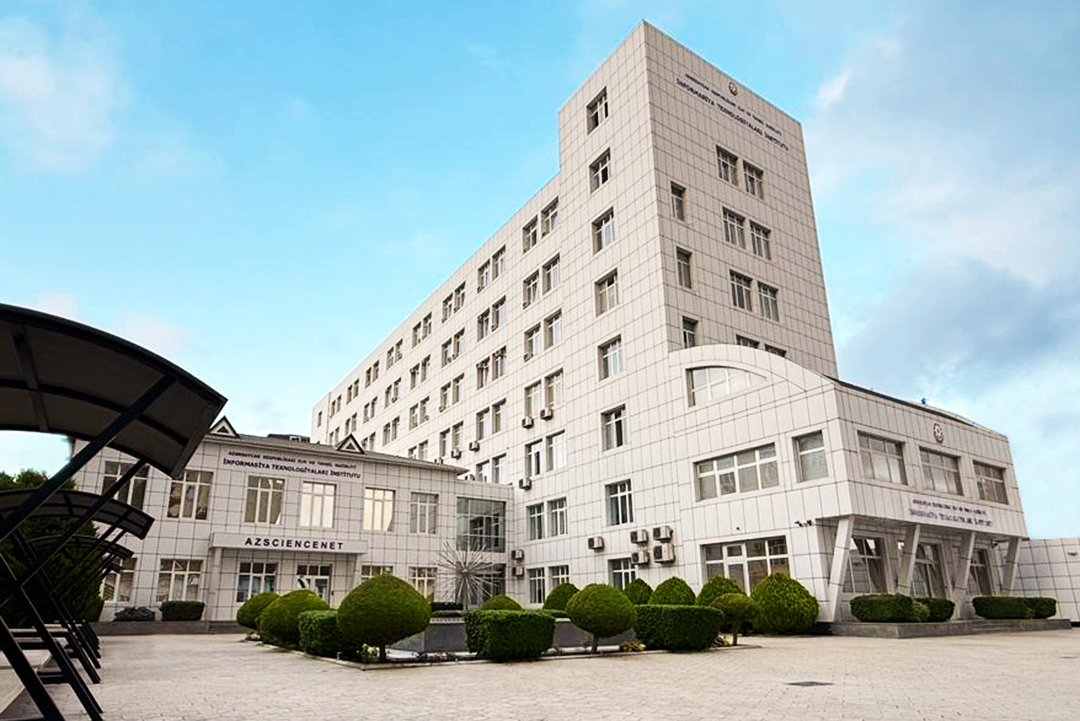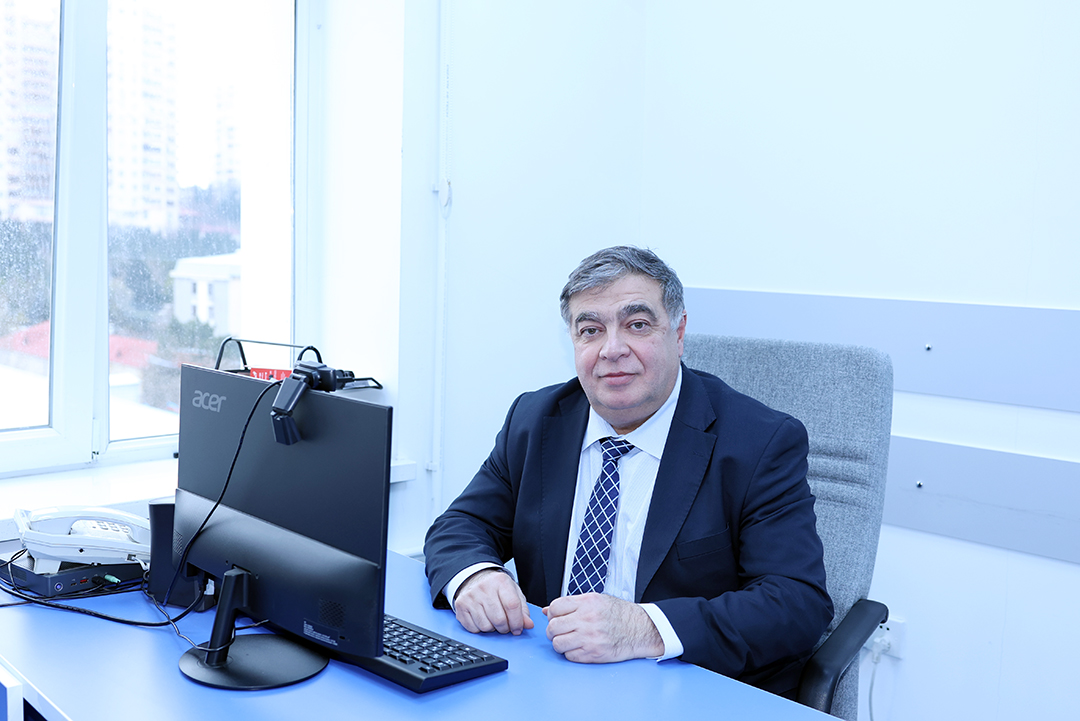NEWS
The role of social capital in the e-government environment is studied
A joint scientific seminar of the department No.17 and Public Relations Department was held at the Institute of Information Technology of ANAS. Academician-secretary of ANAS, director of the institute, head of the department, academician Rasim Alguliev said that the event is dedicated to topics such as "Social Capital as a Managing Factor in Email" and " Monitoring and Evaluation Issues of Internet Media ".
Sector chief of Institute, Irada Alakbarova delivered a report on "Social Capital as a Managing Factor in the E-Government". Speaking of the extent and type of social capital in society as well as the accepted norms defining these relationships, the speaker said that these norms, first of all, included confidence and mutual assistance.
Public authorities are paying great attention to raising social capital and social capital has a positive effect on people's work in organizations and creates a positive and negative environment in the collective, Mrs.Alakbarova said.
Social capital, one of the key factors of economic development and well-being, is a resource aimed at improving the productivity of targeted activities and social relationships and it is based on trust between people, she noted. The need to explore social capital to study and predict various social and economic processes in society, she also stressed.
I. Alakbarova informed about the different approaches to the concept of social capital and presented views of Pierre Bourdieu, James Coleman, Wayne Becker, Robert Putnam, Francis Fukuyama on the social capital concept. Social capital was first introduced by Pierre Bourdieu as a description of social relations in the 1980s and social capital is a resource only in the form of this concept, she noted.
She also introduced a threefold model of social capital and noted that social capital consisted of social norms, social relations and trust. Trust-based method (Fukuyama method) index-rating method, world-bank method, as well as Yuriev's Trust-based model , the Wisconsin model is widely used in the social capital measurement.
At the end of her speech I.Alekperova presented research works covering the problems of this area.
Then the research fellow of the institute Saadat Abdullayeva presented a report on “Internet-media monitoring and evaluation issues”. She said that the Internet media resources monitoring system enables timely aware of the problems and shortcomings of the media organization, raising the reputation of the web site, sorting the information on the media, strengthening the media position in the marketplace, ahead of rival companies, and being aware of the problems of the website.
Reporter said that for the first time in the world Internet-media monitoring was carried out by WebClipping in 1998, she spoke about the stages of monitoring. According to her, monitoring programs cite lists all the words in texts by compiling content in the media and social media content. At the next stage, searches and analyzes are carried out and reports are provided.
S.Abdullayeva also gave information about” CyberAlert”, “Alterian”, “Integrum”, “SemanticForce”, “Mediateka”, one of the world's most popular media monitoring companies. She said that these companies are currently providing all kinds of news and social media monitoring services.
"Website analytics are widely used to compute the data needed to evaluate the performance of Internet media resources," said the reporter.She web carring out website's statistics allows to study the target audience of the Internet media, economic policy, geography of users, language audience, age and identification of the gender, the amount of daily information placed on the site, the study of the users' time activity, etc.. S.Abdullayeva noted that the services such as Google Analytics, "Яндекс.Метрика", "Liveinternet", "Rambler's Top100" and so on were widely used and she presented the rating of the official website of the Institute www.ict.az for the last 1 month by using Google Analytics.
S.Abdullayeva spoke about the advantages of monitoring the social media, and highlighted ways to monitor Internet media in Russia and Azerbaijan. She also provided information about the International Association of Broadcasting, FIBEP International Federation, Institute for Media and Communication Policy, and the North-East Europe Media Monitoring Obsrvatory, which deals with media monitoring and evaluation issues.
Later, academician Rasim Alguliev made his remarks and recommendations. At present, monitoring of Internet resources in our country is one of the most important issues, the scientist stressed that the use of monitoring systems on websites, including creation of national web statistical mechanisms, will create more opportunities for national security. He said that monitoring and evaluating web resources would determine the social psychology, language, religious and ethnic relations; high level organization of the website, optimization of work with journalists, etc. is one of the important issues.
At the end of the lecture, the views were exchanged, questions were answered.
© All rights reserved. Citing to www.ict.az is necessary upon using news


